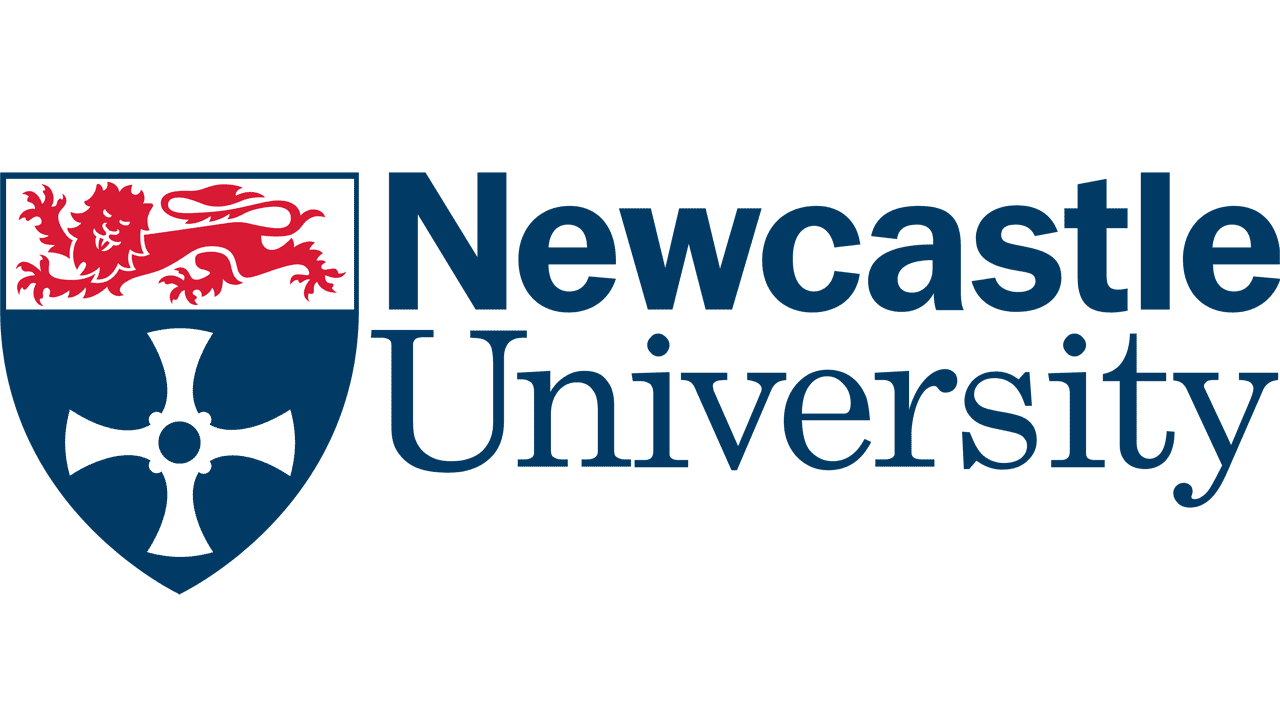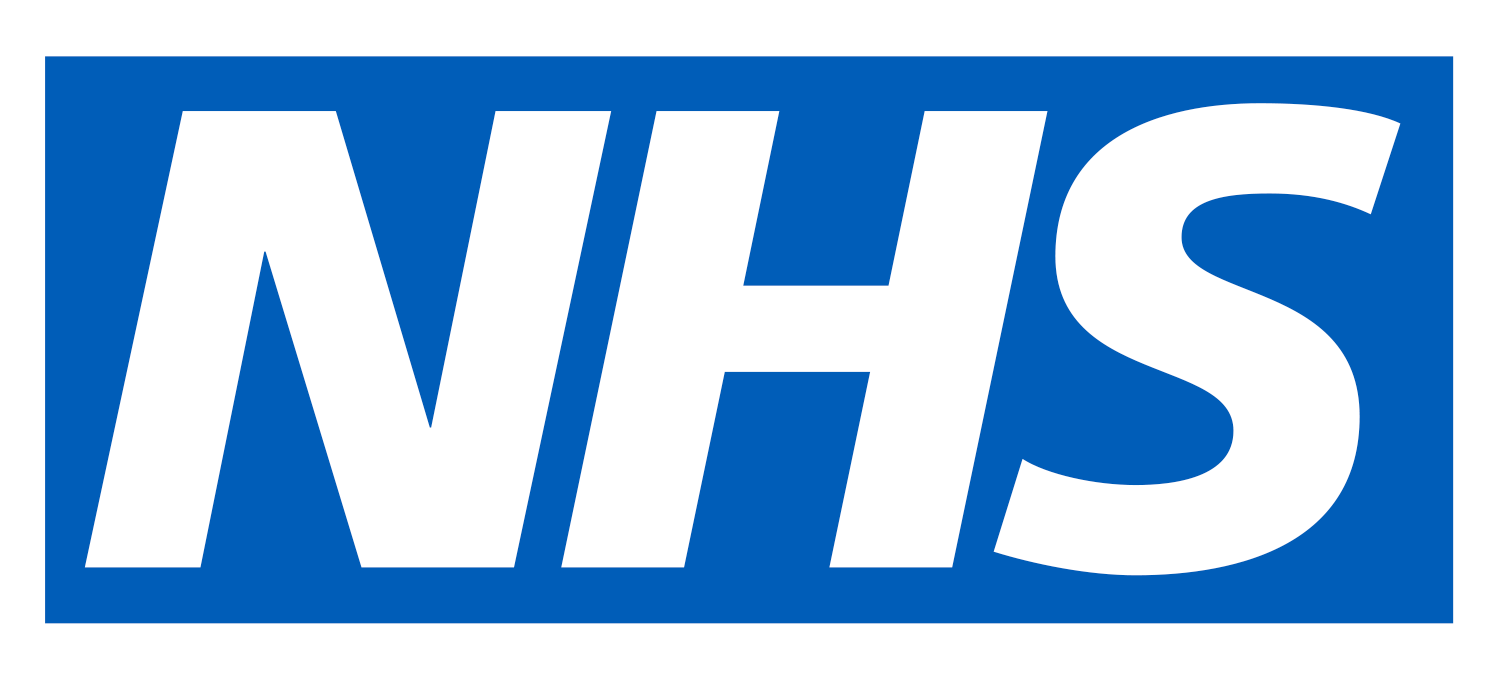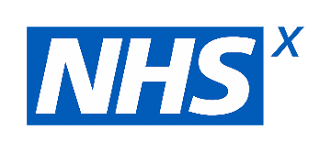OCTAHEDRON
OCTAHEDRON Press Release
Principal Investigator Anya Hurlbert, and Parkinson's patients and founders of Parkinson's Concierge discuss the project and its potential impact.
BBC News Segment
BBC News speaks to Principal Investigator Anya Hurlbert, and Russ and Charlotte who both have Parkinson's.
Project Outline Video
Some of the team outline the OCTAHEDRON project and our hopes for the impact it could have.
Acceptance in Principle (Stage 1) of Registered Report
Manuscript received Stage 1 acceptance for publication as a registered report, in Royal Society Open Science




